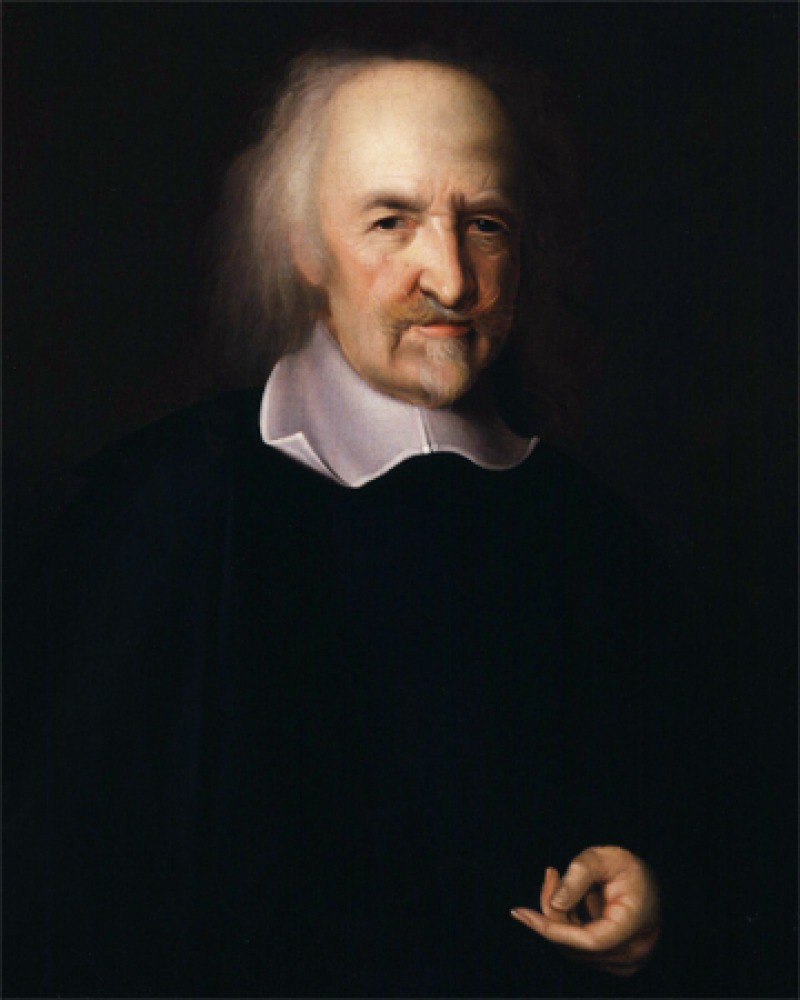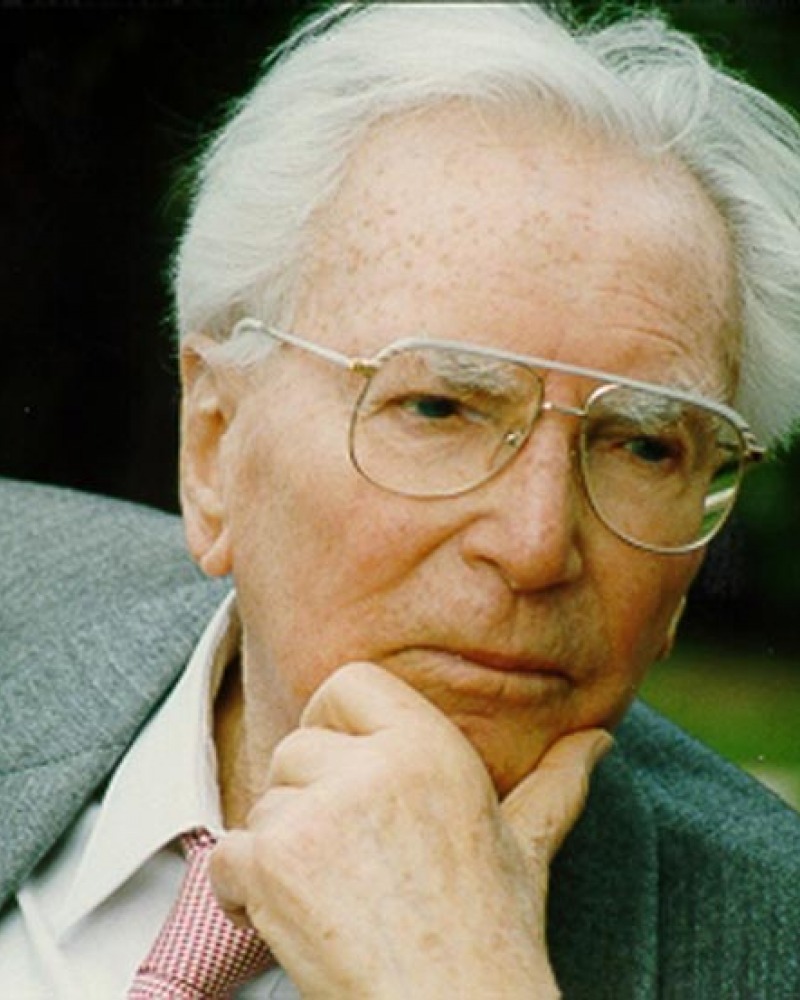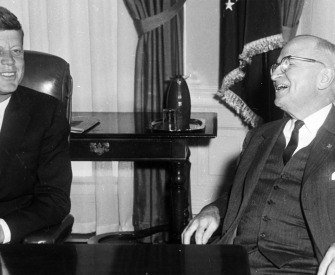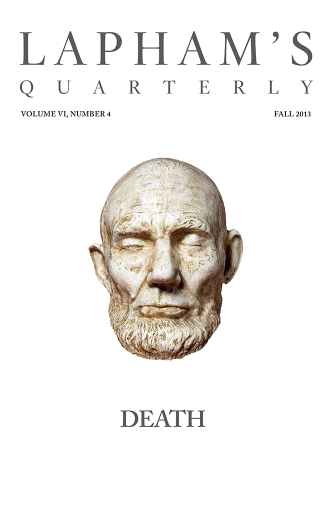
Thomas Hobbes
Leviathan,
1651
Leviathan,
Sudden glory is the passion which maketh those grimaces called laughter, and is caused either by some sudden act of men’s own that pleaseth them or by the apprehension of some deformed thing in another, by comparison whereof they suddenly applaud themselves. And it is incident most to them that are conscious of the fewest abilities in themselves who are forced to keep themselves in their own favor by observing the imperfections of other men. And therefore much laughter at the defects of others is a sign of pusillanimity. For of great minds, one of the proper works is to help and free others from scorn, and compare themselves only with the most able.
On the contrary, sudden dejection is the passion that causeth weeping, and is caused by such accidents as suddenly take away some vehement hope or some prop of their power: and they are most subject to it who rely principally on helps external, such as are women and children. Therefore some weep for the loss of friends, others for their unkindness, others for the sudden stop made to their thoughts of revenge by reconciliation. But in all cases, both laughter and weeping are sudden motions, custom taking them both away. For no man laughs at old jests or weeps for an old calamity.


